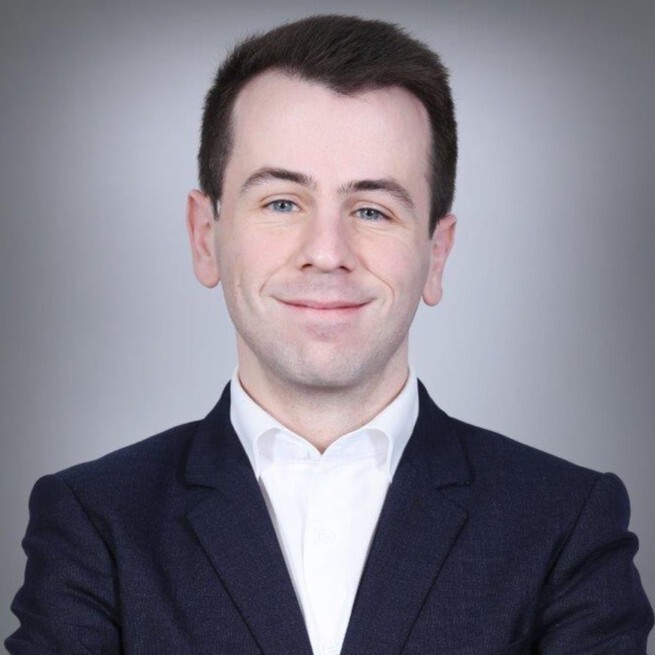Testimonials

Nicolas Monti
My name is Nicolas Pouvreau-Monti, I am 30 years old. I am the co-founder and director of the Observatoire de l’immigration et de la démographie, an independent institute that works to shed light on the democratic debate on these essential subjects for the future of the country. I had the privilege of participating in the Tocqueville Fellowship in 2019.
What inspired you to apply for the Tocqueville Fellowship, and what did you hope to accomplish?
I was seriously questioning my professional life: despite having a comfortable job, I aspired to a committed work serving the community, without engaging in partisan or electoral politics (which of course has all its legitimacy and necessity). The world of think tanks particularly interested me, and I knew that Washington D.C. was the global capital in this field. Moreover, I had a strong interest in the political and intellectual life of the United States. Given these various reasons, the Tocqueville Fellowship appeared to be an extraordinary opportunity to approach these realities closely and to clarify my choices.
Can you describe one of the most memorable experiences you had during your stay in Washington, D.C.?
Among many memorable episodes, I would particularly mention the meetings we had at Congress – the beating heart of American democracy. We were received at length by a leading senator and a member of the House of Representatives, with whom we were able to discuss the common challenges facing all Western societies. The availability of the elected officials and the richness of our discussions left a lasting impression on me.
What were the main lessons from your fellowship that had an impact on your personal and professional life?
The Tocqueville Fellowship had a decisive impact on my professional life. Through contact with Washington think tanks, both general and those focused on a particular theme, I was able to grasp the considerable influence such structures can have on the destiny of a country. I was also struck by their professionalism, organizational, and financial solidity. This realization decisively influenced the decision to create the Observatoire de l’immigration et de la démographie upon my return to France with several friends. The lessons of efficiency learned in D.C. were invaluable in structuring our strategy and methods, leading the growth of the OID to become my full-time occupation as its director, representing it to political decision-makers and the media.
How did the fellowship facilitate networking opportunities, and could you share how these connections helped you in your career?
Among the very useful contacts made during the fellowship, I particularly remember those from the Center for Immigration Studies and NumbersUSA, a think tank and a lobbying group working for a realistic approach to immigration issues in the United States. These two organizations have since become partners of the Observatoire de l’immigration et de la démographie, and we co-founded with them the International Network for Immigration Research (INIR), a global network of institutes sharing our factual and dispassionate approach to immigration issues. The first INIR conference was held in January 2024 at the United States Congress (giving me the opportunity to return to Washington!), and we will host the next edition in Paris in the fall of this year.
What specific skills did you develop during the fellowship that are useful in your current role?
There are many! First, “social” skills, in terms of building networks and coalitions. Then, entrepreneurial skills: coming from an academic background that was not particularly geared towards this type of approach, I learned many useful rules and methods for structuring a civic engagement project and enabling it to “scale up” to maximize its impact. The training provided on-site in terms of media appearances and fundraising are still of practical use to me today.
Based on your experience, what advice would you give to someone considering applying for the Tocqueville Fellowship?
First: dare to apply! Be clear about what you expect from this stay, for yourself but also (and especially) for what you could constructively contribute to our country. If you are selected, be aware of the extraordinary opportunity you will have to meet eminent people and visit significant places, and be determined to “give back” by making the most of this chance in the service of the common good.
If you had to summarize your Tocqueville Fellowship experience in a few words, what would they be?
The Tocqueville Fellowship is an absolutely unique opportunity that can have a crucial impact on the personal and professional trajectory of young people seeking to acquire skills and networks to serve French society. It played a significant role in my own development. A huge thank you to the Fellowship – and looking forward to the next edition.